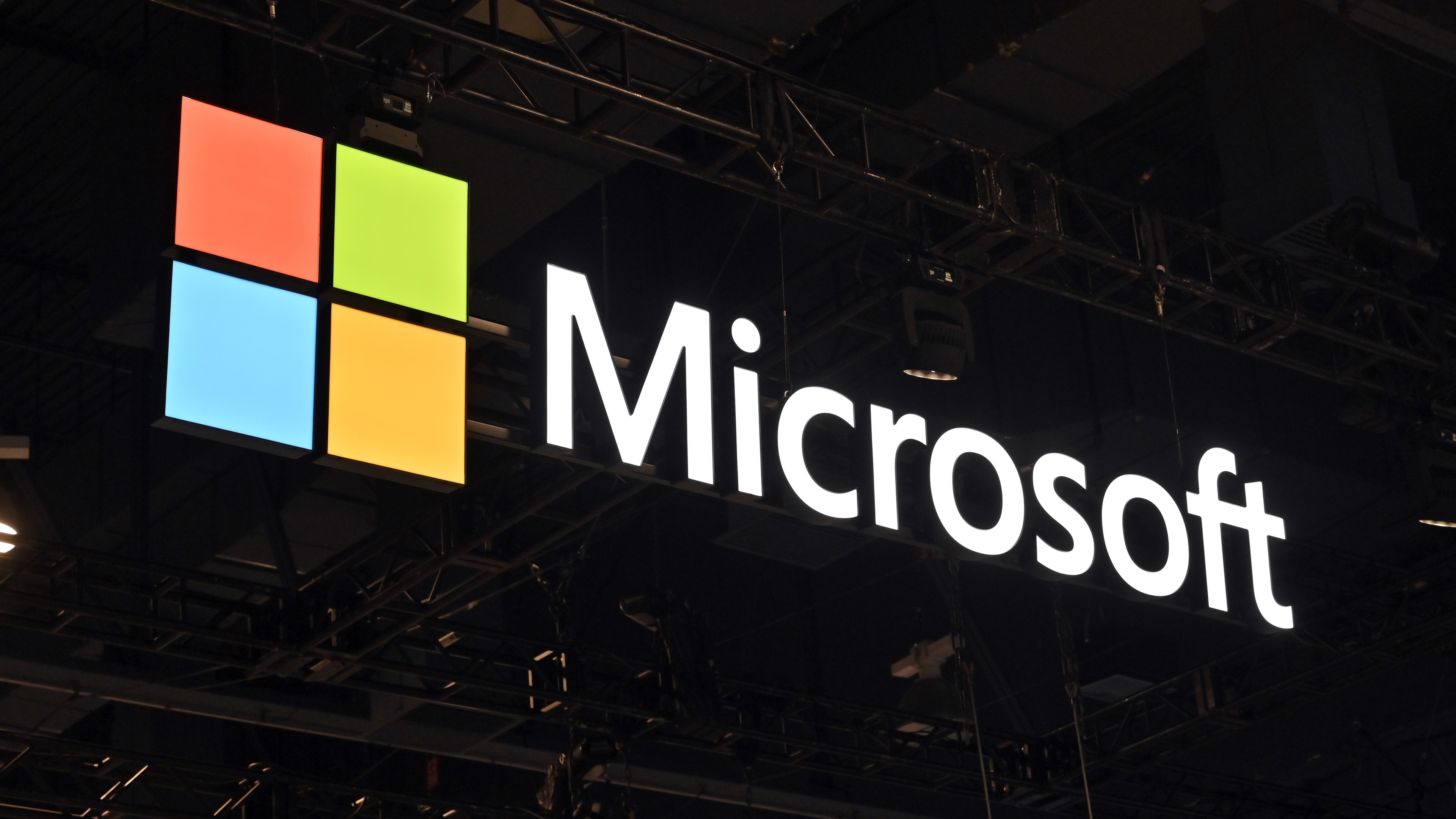FTC hits Microsoft with federal complaint over game division layoffs
The Federal Trade Commission heads back into battle with Microsoft over its acquisition of Activision Blizzard.

The US Federal Trade Commission has filed a complaint with a federal appeals court over Microsoft's plan to lay off 1,900 employees from its gaming division, saying the move "contradicts" Microsoft's commitment to maintaining the studio's operational independence while the FTC pursues its case against the merger.
Microsoft completed its takeover of Activision Blizzard in October 2023, almost immediately after the UK's Competition and Market Authority reversed direction and approved the deal. The US situation is a little more complicated: The FTC moved to block the takeover but a request for a temporary injunction against it was denied, enabling Microsoft to move ahead with the takeover even though the FTC hadn't given it the green light.
In essence, this means that if the FTC ultimately prevails against the deal, Microsoft will have to effectively un-acquire Activision Blizzard—a move Microsoft said in its ultimately-successful argument wouldn't be a big deal because "the post-merger company [Activision-Blizzard] will be structured and operated in a way that would readily enable Microsoft to divest any or all of the Activision businesses as robust market participants in the unlikely event that such a divestiture is ordered."
In another filing, Microsoft said concerns that the companies would not be able to return to a "pre-merger state" were unwarranted because "Microsoft intends to operate [Activision-Blizzard as a limited-integration studio."
But the planned layoff of nearly 2,000 employees, announced just three months after the completion of the Activision-Blizzard deal, has the FTC calling foul: In a letter to the Ninth Circuit Court of Appeals (via The Verge), the FTC said the layoff announcement "contradicts the foregoing representations it made to this court."
"Microsoft reportedly has stated that the layoffs were part of an 'execution plan' that would reduce 'areas of overlap' between Microsoft and Activision, which is inconsistent with Microsoft’s suggestion to this Court that the two companies will operate independently post-merger," the FTC said.
"Moreover, the reported elimination of thousands of jobs undermines the FTC’s ability to order effective relief should the pending administrative proceeding result in a determination that Microsoft’s acquisition of Activision violated Section 7 of the Clayton Act."
Keep up to date with the most important stories and the best deals, as picked by the PC Gamer team.
It seems pretty unlikely to me that the FTC has a hope of winning its case against the acquisition: Irrespective of Microsoft's alleged maneuvering, it's pretty much a done deal at this point. Nevertheless, it deserves a fair shot at doing so, and I can understand why the agency would be a little miffed over this added layer of complication and entanglements.
It's also interesting that the complaint cleaves fairly closely to a point the FTC made in its initial opposition to the acquisition: That Microsoft made multiple Bethesda games exclusive to Xbox after acquiring the studio, "despite assurances it had given to European antitrust authorities that it had no incentive to withhold games from rival consoles." In other words, what Microsoft says and what it does aren't always perfectly aligned.
Update: In a statement provided to PC Gamer, a Microsoft spokesperson said the FTC's complaint "ignores the reality that the deal itself has substantially changed" since Microsoft's statements were made.
"Since the FTC lost in court last July, Microsoft was required by the UK competition authority to restructure the acquisition globally and therefore did not acquire the cloud streaming rights to Activision Blizzard games in the United States," the representative said. "Additionally, Sony and Microsoft signed a binding agreement to keep Call of Duty on PlayStation on even better terms than Sony had before."
Microsoft also said the FTC's claims are "incomplete and misleading" in its formal response to the appeals court, in which it said the layoffs can't be fully attributed to the merger because "Activision was already planning on eliminating a significant number of jobs while still operating as an independent company."
"Microsoft continues fully to stand behind its representations to this Court," the filing states. "To be clear, while some overlap was identified and some jobs were eliminated, Microsoft has structured and is operating the post-merger company in a way that will readily enable it to divest any or all of the Activision businesses as robust market participants in the unlikely event that a divestiture ultimately is ordered."

Andy has been gaming on PCs from the very beginning, starting as a youngster with text adventures and primitive action games on a cassette-based TRS80. From there he graduated to the glory days of Sierra Online adventures and Microprose sims, ran a local BBS, learned how to build PCs, and developed a longstanding love of RPGs, immersive sims, and shooters. He began writing videogame news in 2007 for The Escapist and somehow managed to avoid getting fired until 2014, when he joined the storied ranks of PC Gamer. He covers all aspects of the industry, from new game announcements and patch notes to legal disputes, Twitch beefs, esports, and Henry Cavill. Lots of Henry Cavill.

